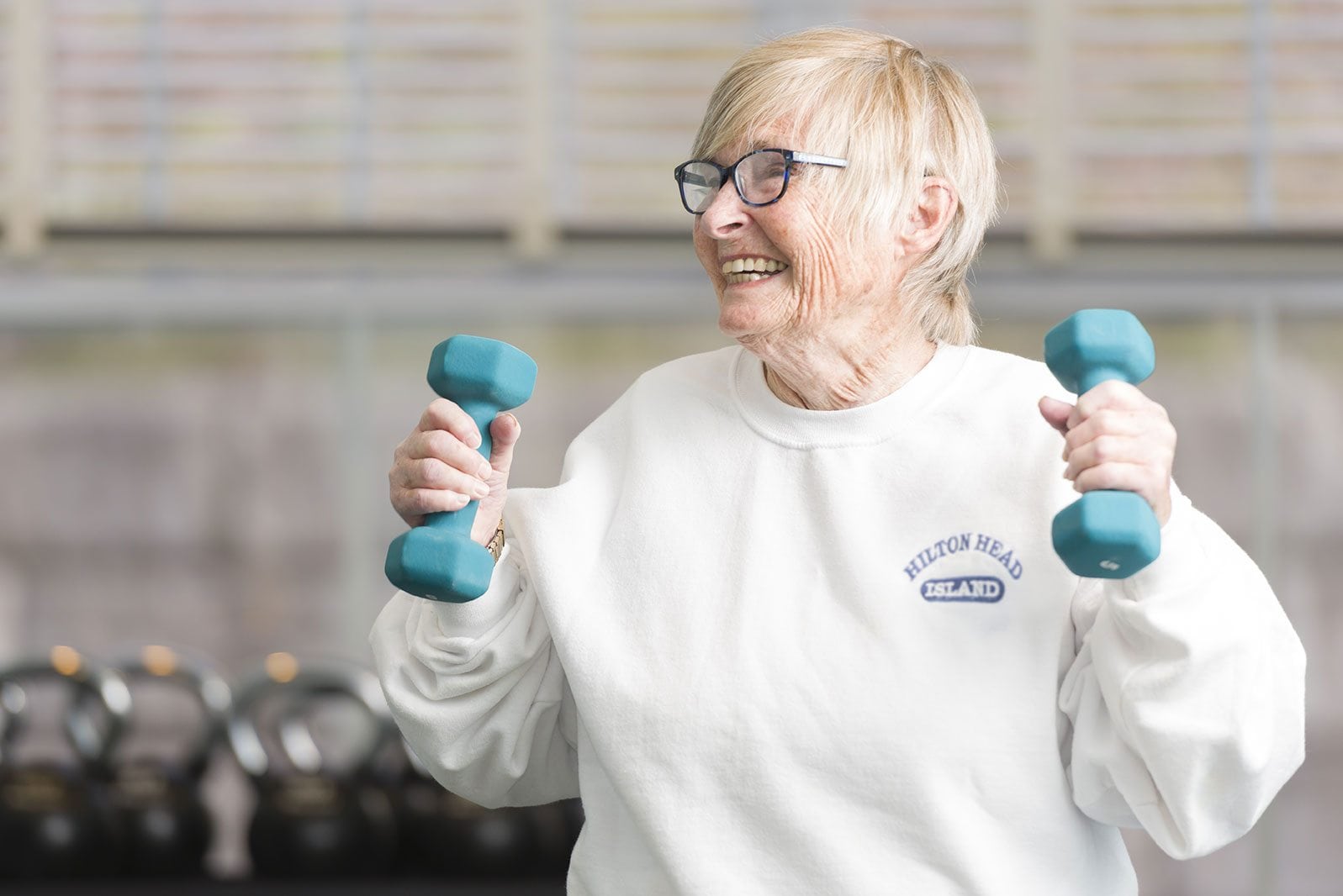<< Back
Something’s Not Quite Right: Caring for Your Aging Parents

October 24, 2018
Helping aging parents can be stressful, particularly for their adult children. It’s a difficult topic to bring up with older parents – especially if the adult children are sensing something is not quite right with their parents. Nancy Becker from Hartford HealthCare Center for Healthy Aging has some tips and advice on how to care for aging parents.
Q: What are some of the signs that your aging parents may need help?
A: Some of the more noticeable signs of trouble with an aging parent may include:
- Paperwork or mail that is stacking up, or remains unopened;
- A lack of food in the refrigerator/pantry, or expired food;
- The house not as tidy and organized as usual. This is especially true if good housekeeping was something that had always been important to your parents;
- Poor personal hygiene, or a disheveled appearance;
- Dents or dings on the car and/or the garage.
If you notice any of these, it might be time to start talking to your aging parent about accepting help, and planning for future needs.
Q: What can be done for our older parents who insist on continuing to live at home?
A: It’s important to talk with your aging parents about their wishes, and how you can help support them. Letting your aging loved ones know that they remain in control and that you are there to support them can be comforting. It also helps to open communication.
Remain supportive of your parent’s wish to remain in the home and make sure you are reaching out to the right places for information. There are so many options for bringing care into the home. When I meet with families, I often hear that the most difficult part of the journey is knowing what questions to ask, and where to look for information. The Hartford HealthCare Center for Healthy Aging is just such a resource. We meet with families to provide information and discuss options so that they can make the decision that’s best for them.
Q: What advice do you have for the “sandwich” generation, who are taking care of both their own children and their elderly parents?
Support is available for adult children who are taking care of aging parents as well as their own children. These adult children are the glue that’s holding their families together. They need support – and sometimes even a break. Often, these adult children put their own needs last, but it’s important to remind them that self-care has to be a priority as well.
Connecting with a support group or attending an educational series geared toward caregivers is helpful. Involving a geriatric care manager is also a great option. This allows the adult child to delegate some of their duties.
Hartford HealthCare also offers respite stays for older adults at their assisted living communities. These are short term stays in one of their apartments for the aging senior. This offers a break for the caregiver. Families might also consider in home caregivers. Having someone else take on household chores or other caregiving roles can take some of the burden off of the adult child.
Q: Tell us about some of the programs that Hartford HealthCare Senior Services offers to provide the help aging parents may need.
A: Throughout Hartford HealthCare we offer a full array of options for seniors, all focused on making sure individuals are receiving the right care, at the right time, and in the right place.
For example, the Good Life Fitness exercise program is offered throughout in many communities we serve. It offers its members goal-oriented fitness plans, individualized feedback of progress and collaboration with medical providers upon request. We also provide outpatient and in-home rehabilitation services. All of these are aimed at keeping folks healthy and active so that they can continue living independently.
For folks who are needing a little extra assistance in the home, Hartford HealthCare at Home provides in-home caregivers who can assist with daily living activities, such as housekeeping, laundry, meals and personal care. We also offer personal emergency response systems that are worn and used in case of an emergency, as well as an electronic medication dispenser which helps ensure that medications are taken at the correct time each day.
Need information or services for an aging parent? Call 877.4AGING1 (877.424.4641), or click here.